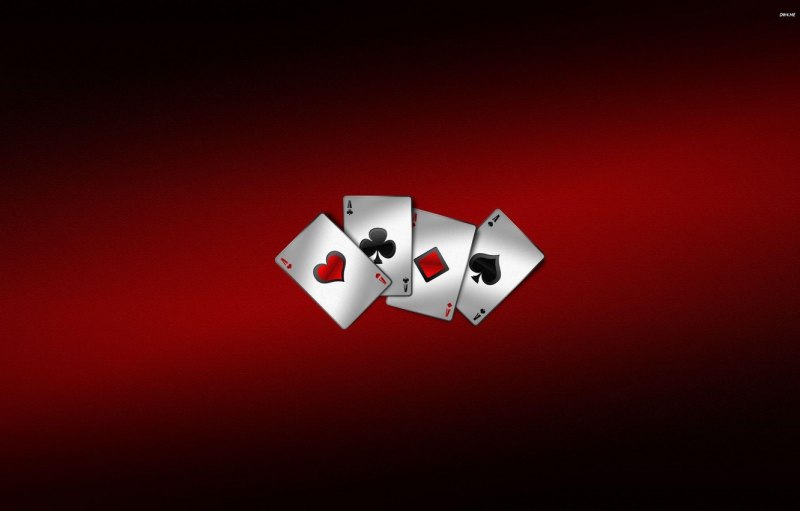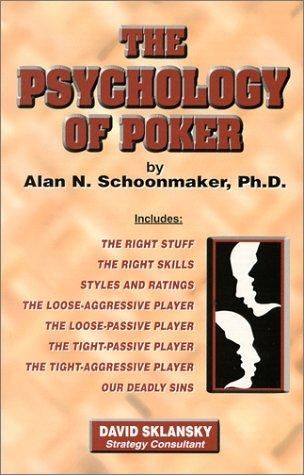Playing poker isn’t just about knowing the rules and strategies; it’s also about understanding the psychology behind the game. Being aware of the psychological factors that influence your opponents and being able to use that knowledge to your advantage is what separates the good poker players from the great ones. In this article, we will explore the fascinating world of the psychology of poker and how playing mind games can give you an edge at the table.
The Importance of Body Language
One of the crucial elements of poker psychology is understanding body language. When players are at the table, their body language can provide important cues about the strength of their hand. Twitches, eye movements, and even the way they hold their chips can tell you whether they are bluffing or have a strong hand.
By observing your opponents closely, you can learn to read their body language and make more informed decisions. For example, if a player is displaying signs of nervousness, like fidgeting or avoiding eye contact, it could indicate a weak hand. On the other hand, if someone is sitting up straight, displaying confidence, they may be holding a strong hand. Recognizing these signals can help you adjust your strategy and make better judgments.
The Art of Bluffing
Bluffing is an essential part of poker, and it involves fooling your opponents into thinking that you have a stronger hand than you actually do. This psychological tactic can be a powerful tool if used correctly. However, bluffing requires careful consideration and an understanding of your opponents’ playing styles.
When bluffing, it’s important to study your opponents to identify their tendencies. Some players are more likely to fold when faced with a large bet, while others remain stubborn and continue to call. By knowing your opponents’ playing style, you can tailor your bluffs to exploit their weaknesses.
Furthermore, timing is everything when it comes to bluffing. If you’ve been playing a tight game and suddenly make a large bet, your opponents are more likely to believe you have a strong hand. However, if you’ve been bluffing consistently, your next bluff may be met with skepticism. Understanding how to vary your bluffing frequency and choosing the right moments to execute them is key to deceive your opponents.
Tilting and Emotional Control
One aspect of poker psychology that often goes unnoticed is the emotional control of the players. Keeping your emotions in check is crucial to making rational decisions at the table. However, the game of poker has a unique way of testing your emotional stability. When things aren’t going your way, it’s easy to get frustrated, leading to poor decision-making.
Skilled poker players understand the concept of tilt, which refers to the sense of losing control and making irrational decisions due to emotional distress. Recognizing tilt in yourself and your opponents is vital to maintaining a clear mindset. If you spot an opponent who is visibly upset after losing a hand, you can use this to your advantage by playing more aggressively against them.
The Power of Observation
Poker isn’t just about playing the cards; it’s about paying attention and gathering information. Skilled players constantly observe their opponents and pick up on patterns or tendencies that can be exploited later on. By being a keen observer, you can gain valuable insights into your opponents’ gameplay.
Take note of each hand played, even when you’re not involved. Pay attention to the bet sizes, the type of hands your opponents are showing, and how they react to certain situations. This wealth of information can help you make better decisions and take advantage of your opponents’ weaknesses.
Conclusion
Mastering the psychology of poker is no easy task. It requires a combination of observation, strategic thinking, and emotional control. By understanding body language, learning the art of bluffing, managing emotions, and being a keen observer, you can begin to play the mind games that give you an edge at the table.
So, the next time you sit down at a poker table, remember that it’s not just about the cards in your hand; it’s about the thoughts in your opponents’ heads.

